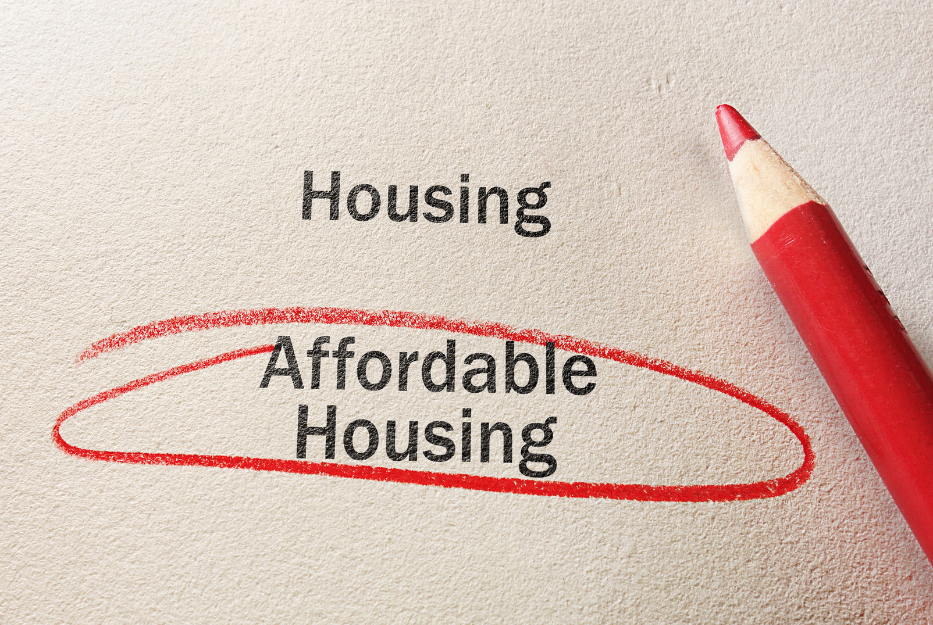Tips for Finding Affordable Housing for Newcomers in Canada (step-by-step guide)

**Please review the disclaimer at the end of this document before reading or using this guide.
Finding affordable housing is one of the biggest challenges new immigrants face when settling in Canada. With proper planning and the right strategies, you can secure a comfortable and cost-effective place to live. This guide provides information on how to find affordable housing in Canada.
Step 1: Research Housing Markets in Canada
Different cities and regions in have varying housing costs. It’s important to research and compare these markets. For example, here we are discussing about the Alberta province:
- Calgary: Alberta’s largest city with a diverse housing market. While some areas can be expensive, others offer more affordable options.
- Edmonton: The capital city has a wide range of housing options at different price points.
- Smaller Cities and Towns: Places like Red Deer, Lethbridge, and Medicine Hat can offer more affordable housing than the larger cities.
Step 2: Understand Your Housing Needs and Budget
Identify your housing needs and set a realistic budget:
- Size and Type of Housing: Determine whether you need a studio, one-bedroom, or larger apartment. Consider if you need additional amenities like parking or in-unit laundry.
- Monthly Budget: Calculate how much you can afford to spend on rent, including utilities, internet, and other expenses.
Step 3: Start Your Search Early
Begin your housing search well in advance of your move:
- Online Listings: Websites like Kijiji, Craigslist, RentFaster, and PadMapper are popular for rental listings.
- Social Media: Join local Facebook groups and community boards where rental postings are often shared.
- Local Newspapers: Check classified sections for rental listings.
Step 4: Use Newcomer Services
Several organizations offer services to help newcomers find housing. For example, in Alberta:
- Immigrant Services Calgary: Provides resources and assistance for new immigrants, including housing support.
- Edmonton Immigrant Services Association: Offers various settlement services, including help with finding housing.
- Local Settlement Agencies: Many towns and cities have settlement agencies that offer housing search assistance.
Step 5: Consider Alternative Housing Options
Think about different types of housing to expand your options:
- Shared Housing: Renting a room in a shared apartment or house can be significantly cheaper than renting an entire unit.
- Basement Suites: Often more affordable than traditional apartments, these can be a good option for budget-conscious renters.
- Subsidized Housing: Look into government or non-profit housing programs that offer reduced rent based on income.
Step 6: Inspect the Property
Before signing a lease, always inspect the property:
- Condition: Check for any damage, mold, or pest issues.
- Safety: Ensure the property has functioning smoke detectors, secure locks, and proper lighting.
- Amenities: Verify that advertised amenities, such as laundry facilities and parking, are available and in good condition.
Step 7: Understand Your Rights and Responsibilities
Familiarize yourself with tenant rights and responsibilities in Alberta:
- Residential Tenancies Act: This act outlines the rights and responsibilities of tenants and landlords in Alberta.
- Lease Agreements: Read and understand the lease agreement before signing. Ensure it includes all terms, such as rent amount, payment dates, and maintenance responsibilities.
Step 8: Negotiate Rent and Terms
Don’t be afraid to negotiate with landlords:
- Rent Price: In some cases, you may be able to negotiate a lower rent, especially if you can commit to a longer lease.
- Utilities: Clarify what utilities are included in the rent and negotiate if necessary.
- When viewing a potential rental, make sure to confirm with the landlord or homeowner whether the lease term is monthly, half-yearly (6 months), or yearly (12 months). Opting for a half-yearly or yearly lease may result in a substantial penalty if you need to break the lease early. Therefore, understanding the lease term is very important. Carefully think if you will be okay with a 6 or 12 month lease term. Additionally, carefully review your lease agreement before signing.
Step 9: Plan for Additional Costs
Be aware of additional costs that may come with renting:
- Security Deposit: Typically one month’s rent, refundable at the end of your lease if the property is in good condition.
- Utilities: Electricity, water, heating, and internet can add to your monthly expenses.
- Renter’s Insurance: This is optional but recommended to protect your belongings.
Step 10: Stay Organized
Keep track of your housing search:
- Spreadsheet: Create a spreadsheet to track listings, contact information, rent prices, and scheduled viewings.
- Documentation: Keep copies of all correspondence, lease agreements, and receipts for deposits and rent payments.
Finding affordable housing in Canada, requires thorough research, planning, and understanding of the local housing market. By following these tips and utilizing available resources, new immigrants can secure comfortable and affordable housing to start their new lives in Canada. Welcome to your new home, and best of luck in your housing search!
**DISCLAIMER: This document was prepared based on information gathered from various online sources. While our aim is to provide accurate and helpful information to newcomers in Canada, Active Action cannot be held responsible for any actions, outcomes, or situations that may arise from the use of this document. We strongly recommend that you verify any details with official sources or relevant authorities if you have any doubts or uncertainties about any information provided in this document. If you have any specific questions about the information in this document, or if you notice any inaccuracies or missing information, please inform us immediately through the contact form. We will respond to you as soon as possible and/or update the information as necessary.


